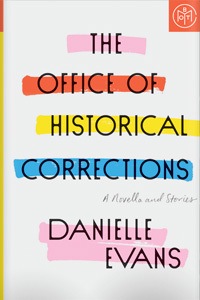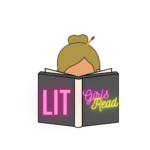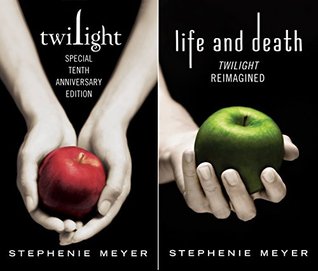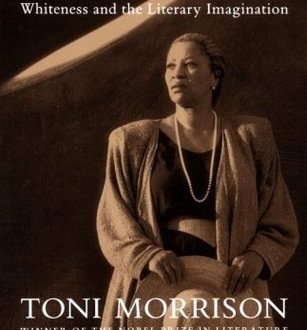
The Office of Historical Corrections
Author: Danielle Evans
Date read: January 11, 2021
Edition: Hardcover, Book of the Month Club Edition
Goodreads Synopsis:
Danielle Evans is widely acclaimed for her blisteringly smart voice and x-ray insights into complex human relationships. With The Office of Historical Corrections, Evans zooms in on particular moments and relationships in her characters’ lives in a way that allows them to speak to larger issues of race, culture, and history. She introduces us to Black and multiracial characters who are experiencing the universal confusions of lust and love, and getting walloped by grief—all while exploring how history haunts us, personally and collectively. Ultimately, she provokes us to think about the truths of American history—about who gets to tell them, and the cost of setting the record straight.
In “Boys Go to Jupiter,” a white college student tries to reinvent herself after a photo of her in a Confederate-flag bikini goes viral. In “Richard of York Gave Battle in Vain,” a photojournalist is forced to confront her own losses while attending an old friend’s unexpectedly dramatic wedding. And in the eye-opening title novella, a black scholar from Washington, DC, is drawn into a complex historical mystery that spans generations and puts her job, her love life, and her oldest friendship at risk (Goodreads)
Should Lit Girls read it?
The Office of Historical Corrections was beautiful, sad, poignant, and relevant. This book is for anyone who’s struggled with their past or who fought for a future only they can envision. This is a compilation of stories about women making choices and choosing themselves above all else.
I sometimes find short stories problematic. Because when I read one I like, I never want it to end. The Office of Historical Corrections is one of these. The book is seven stories – six short stories and the title novella – joined together by history. I’m not talking about just historical facts, but context and memory. It explores how we view our own lives and what we believe is true about our past. Danielle Evans does this masterfully. She strings together these stories with honesty so raw it is impossible not to feel connected to them.
Lit Girls Take:
All of the women in this book had something to reconcile in their past. Something to set them on a path forward, toward forgiveness, acceptance, damnation, and loss. They are women wrestling their own demons for the chance to have their better angels prevail. In this book, as in life, that fight is often painful and does not always come to fruition.
The novella, the Office of Historical Corrections, proved extremely timely in the wake of last month’s political turmoil. It raises questions about the nature of truth, what makes something true, and how we choose what to believe. For example, the main character, Cassie, works at the Institute for Public History; this organization is both a brilliant and problematic concept. Agents spend their days making historical corrections to everything from the internet to national monuments to cake displays. In fact, Cassie does correct flyers at a bakery. She prints out a small official sticker and affixes it to the display to the bakery staff’s bewilderment. Although this scene is funny, it highlights the difficulties of a government agency whose sole purpose is to correct people.
At this point, Cassie takes on a new case; a correction done by a former colleague and friend, Genevieve. It is this case that truly highlights the nuances of history. Consequently, through this investigation, Cassie reconciles her own past and Genevieve’s place in it. The two women work to discover the truth of the murder of a black man in a small Wisconsin town. In addition to reconciling the historical record, they truly begin to see each other in a new light. Taking this journey with Cassie, as laid out by Evans, was an emotional rollercoaster.
Above all, This book proves that everyone has a story. Money, power, stability, fear, love, all of this making up the fabric of what drives us. So when it comes to our own lives, we can discern the truth before it’s too late. Through understanding, acceptance, and most importantly, compassion, we can let our better angels prevail.





